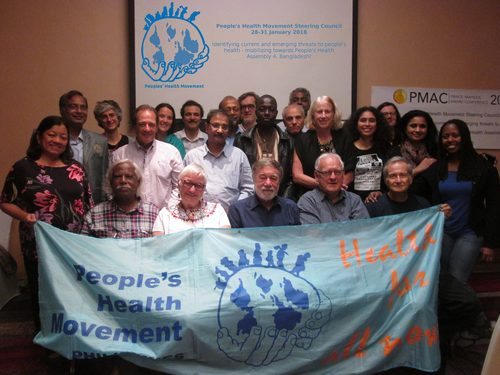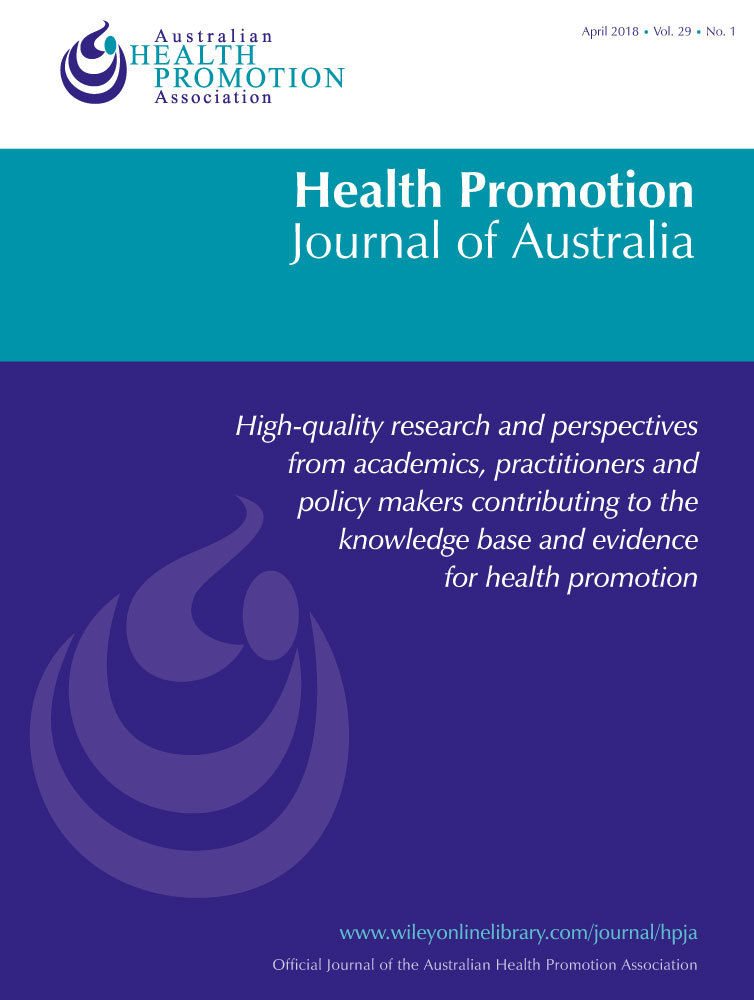People's health and the social determinants of health
It is almost exactly 13 years since I received a call from the World Health Organization asking me whether I would consider being a Commissioner on the Commission on the Social Determinants of Health. What an opportunity! I rapidly reorganised my diary and was able to accept the invitation and attend the first Commission on the Social Determinants meeting in Chile in March 2006. Three years later, we presented our final report. We set the goal of closing the health equity gap in a generation. We made recommendations designed to achieve this in three areas:
1 IMPROVING DAILY LIVING CONDITIONS
Education through life, housing, urban environments, food supply, social inclusion, social protection, working conditions and improving the position of women.
2 ADDRESSING THE IMBALANCES OF POWER MONEY AND RESOURCES
Make trade fairer, strengthen global governance to increase the accountability of the private sectors and strengthen public sectors.
3 MEASURE, UNDERSTAND SOCIAL DETERMINANTS AND ASSESS ACTION
Improved national and global health equity surveillance systems for routine monitoring of health inequity and the social determinants of health and systematic evaluation of the health equity impact of policy and action, increased research on social determinants.
Ten years on from the launch of our report I am attending a meeting of the Global Steering Council of the People's Health Movement (PHM) in Bangkok, and we have concluded that the ambition of the CSDH to close the gap in life expectancy in a generation is not being met. The PHM is a global network of grassroots health activists, civil society organisations, issue-based networks, academic institutions and individuals from around the world, particularly the global south. The Movement was central to the CSDH civil society engagement and has continued to be global advocates on the social determinants of health in the past 10 years. At the Bangkok meeting, the accounts of the health situation from our regional co-ordinators around the world make it clear that the messages from work of the Commission have not been heard by policy actors. In terms of daily living conditions, we have heard of the increasing commercialisation of health services globally including the UK National Health Service1 and the decline and threats to existing social protection measures. We held much discussion about the growing power and wealth of Transnational Corporations, their impact on health and the absence of a transparent and mandatory global regulatory framework.
From Latin American, in particular we heard of the ecological crisis which is threatening all our health. This threat is being met by the concept of “buen vivir” which calls for a new paradigm which gives human a new relationship with the ecosphere where domination is no longer the aim but rather integration.2 Buen vivir stresses the importance of community rather than individuals and aims for ecological balance and cultural sensitivity. Encouragingly Ecuador and Bolivia have enshrined the buen vivir philosophy in their new constitutions. Nonetheless, without more attention to ecological and overall planetary health, the future for human health looks grim.
In addition, the PHM meeting recognised the growing economic inequities in the world especially the extent to which wealth is being increasingly concentrated in the mega rich.3 In 2017, 82% of all growth in global wealth in the last year went to the top 1%, while the bottom half of humanity saw no increase at all.3 Sixty-one people own the same as the bottom 50% of people, and the richest 1% continue to own more wealth than the whole of the rest of humanity.3 This unequal distribution of wealth is encouraged by a global economic system that allows tax avoidance and privileges the position of transnational corporations who have the lobbying power and political influence to keep the world safe for their profits.4, 5
We know in Australia that health policies pay only rhetorical attention to social determinants and that strategies drift towards lifestyle or curative solutions.6 This is despite a Senate Select Committee7 report which recommends the importance of more concerted action. The lack of progress in gaining political commitment to social determinants was shown by a recent government report from Innovation and Science Australia launched with a media release saying “ISA recommends that Australia seek to become the healthiest nation on earth through the integration of genomics and precision medicine capabilities into the Australian health system”.8 This is just one example of the medical triumphalism that ignores the evidence that social determinants have a greater impact on population health than all healthcare interventions combined.9 As a health promotion community, we face an uphill battle to win the hearts and minds of the community so that they become an effective lobby for action on social determinants.





